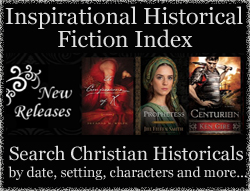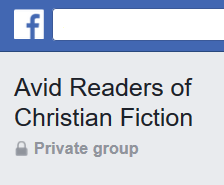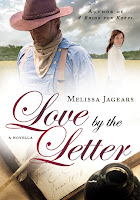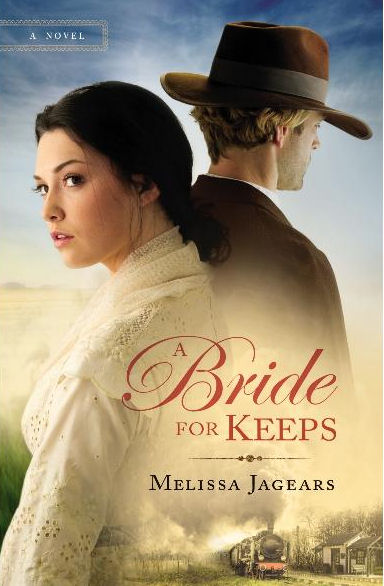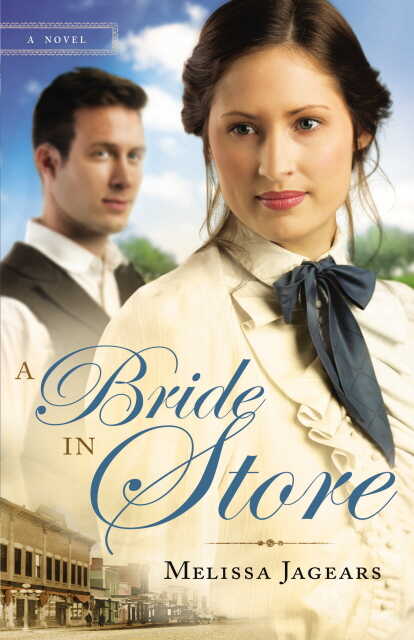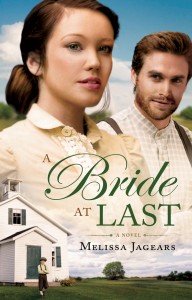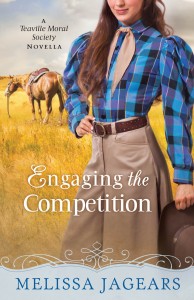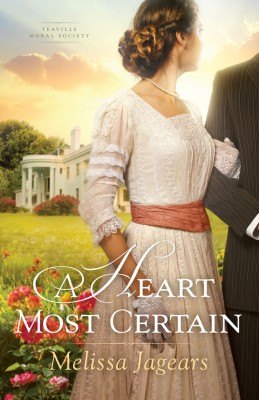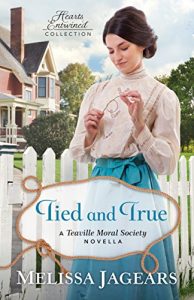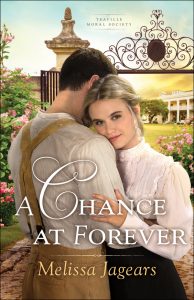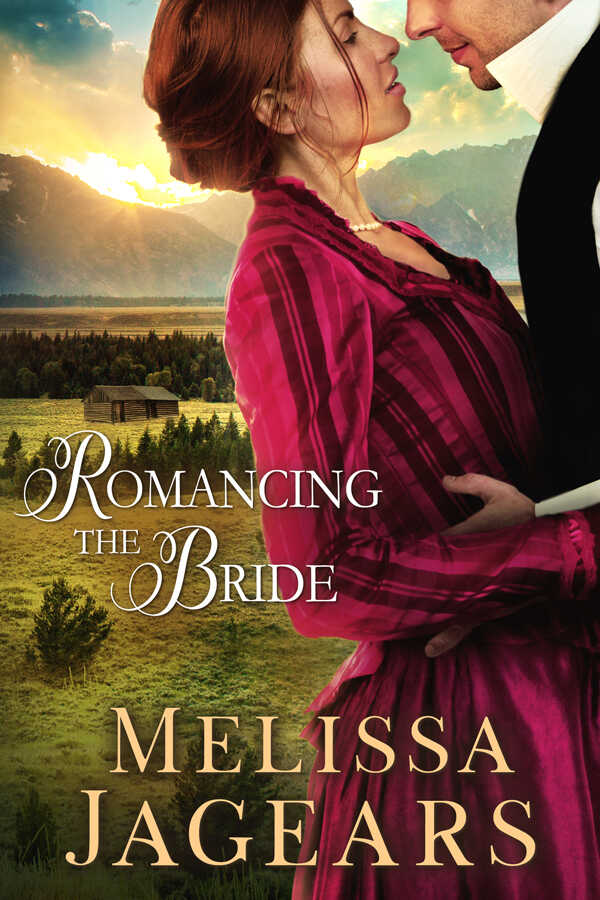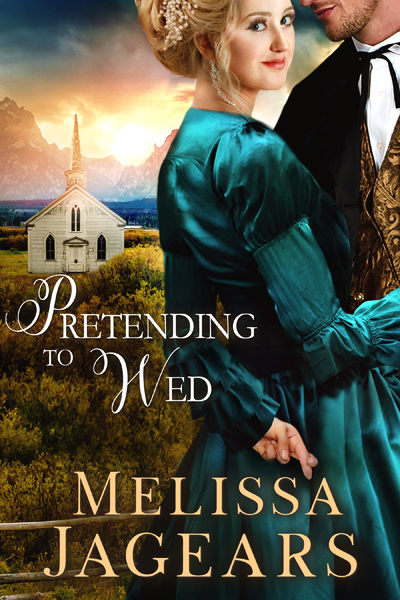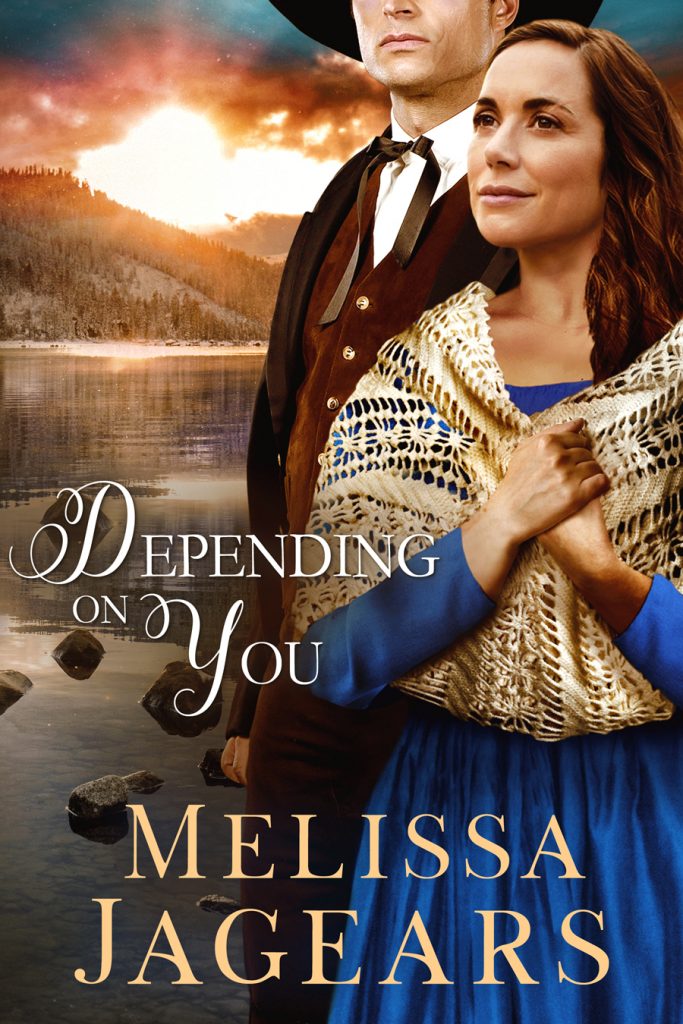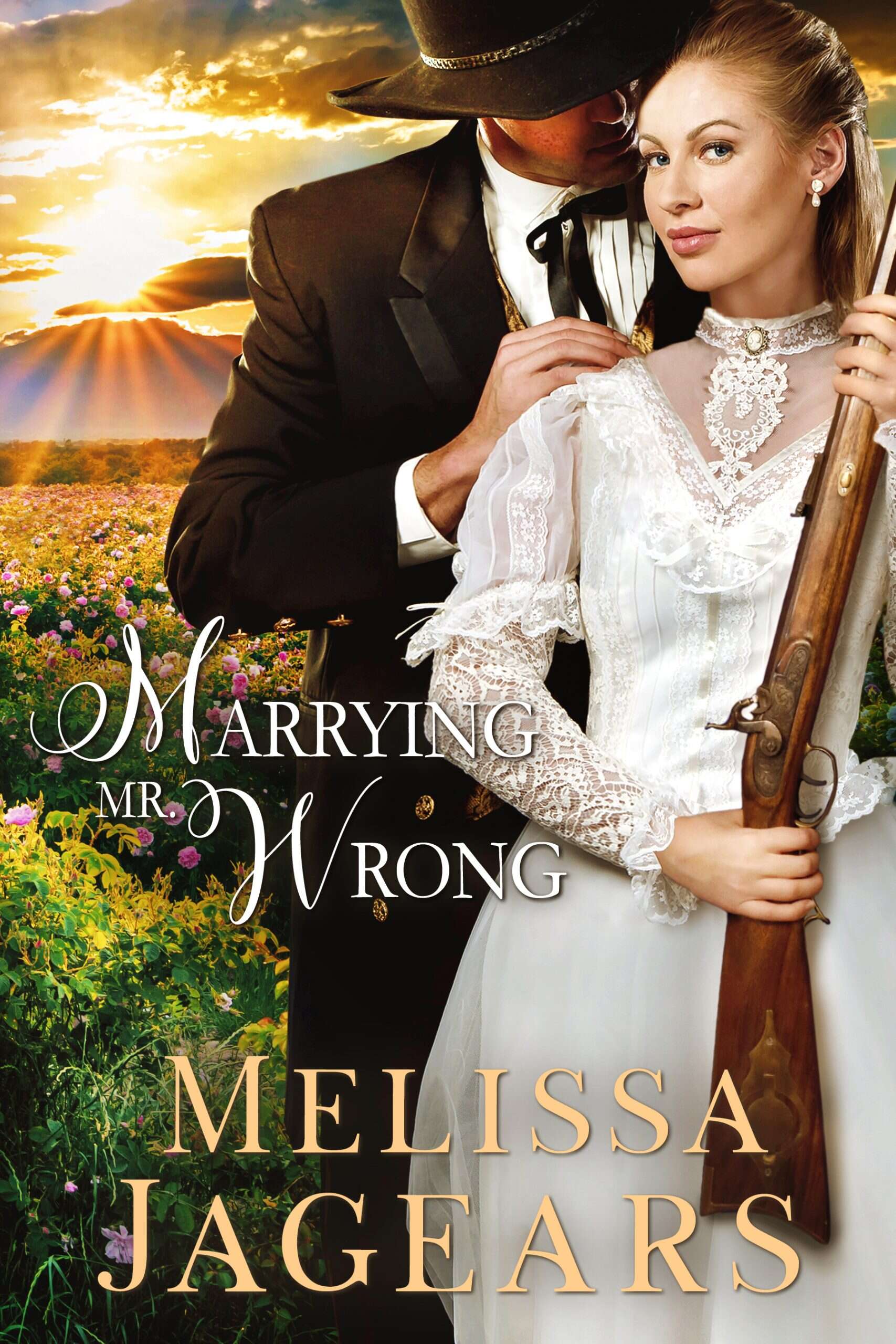Does this cover not lure you into the opulence of the Roaring Twenties and mystery? Though this is Patricia’s first novel, she’s not a stranger to being an author, and her use of Sherlock Holmes quotes has me intrigued! Welcome, Patricia, to the Index!
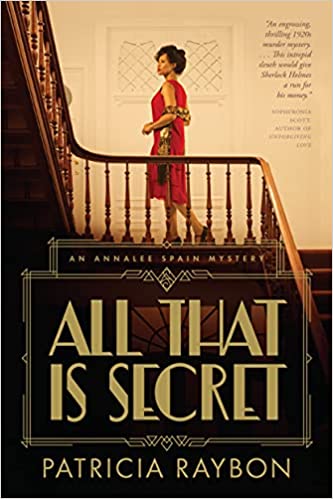 Colorado , Denver , Rocky Mountains , 1920s , 1900-1930 (US Early American), Roaring Twenties , Clergy, Teacher , Amateur Detective, Non-White Main Characters, Orphan/Loner , Mystery, Returning to Hometown, Upstairs/Downstairs , Racial Discrimination, Secrets , Raybon-Patricia Colorado , Denver , Rocky Mountains , 1920s , 1900-1930 (US Early American), Roaring Twenties , Clergy, Teacher , Amateur Detective, Non-White Main Characters, Orphan/Loner , Mystery, Returning to Hometown, Upstairs/Downstairs , Racial Discrimination, Secrets , Raybon-Patricia |
All That is Secret From award-winning author Patricia Raybon comes a compelling new historical mystery series, a riveting puzzle about a young Black theologian–and Sherlock fan–trying to solve her father’s cold-case murder in a city ruled by the KKK.
It’s the winter of 1923 and Professor Annalee Spain―a clever but overworked theologian at a small Chicago Bible college–receives a cryptic telegram calling her home to Denver to solve the murder of her beloved but estranged father.
For a young Black woman, searching for answers in a city ruled by the KKK could mean real danger. Still, with her literary hero Sherlock Holmes as inspiration, Annalee launches her hunt for clues, attracting two surprising allies: Eddie, a relentless young orphan boy searching for his missing father, and Jack, a handsome young pastor who loves nightclub dancing and fast cars–awakening Annalee’s heart to the surprising highs and lows of romance and love.
With their help, Annalee follows clues that land her among Denver’s powerful elite. But when her sleuthing unravels sinister motives and long-buried lies, will clever Annalee become a victim, too?
|
*******************************************************************************************************
Questions about Patricia’s Story
What inspired this story?
First, I love clergy mysteries—Father Brown by G. K. Chesterton, Grantchester, and the like. My hope was to introduce a faith character in Colorado—a beautiful “sunshine” place, and my home state, but during one of its darkest times, the 1920s. Good fiction needs a threat element, even if it’s only hovering in the background. So that’s how I used the Klan in my mystery. The story’s foreground centers not on the Klan, but on my lead character—a young Black theologian who’s a fan of Sherlock Holmes—whose amateur sleuthing to solve her father’s murder is impacted at every turn by the threat of the Klan. I hope it makes for good tension.
Which scene is your favorite, the one you never tired of working with? Give us a reason to look forward to it.
My lead character—the young theologian—has a love interest, a handsome young pastor. I loved writing their scenes together: their meet-cute, their facing danger together (as he teaches her to drive his car while they’re being shot at), their first kiss, big blowup argument, his coming to her rescue, their hopeful reconnection for the future (book 2). As I learned, the love archetype in a novel isn’t just for romance. The love archetype is a helping character—the person who cares more than anyone else about the well-being of the lead character, so he bends over backward to try to help her in ordinary life and in their adventure together. As it turns out, helping is a powerfully romantic thing to do.
In my real life, the day after I met a young man, he came over to my apartment to help repair the manifold on my car. A few months later, we were married—and we’ve been married now for forty-plus years. So I loved finding ways for my novel’s love interest to show help and concern—and I loved writing those scenes.
Were there any historical facts that you discovered in your research that made you change something in your story?
With regard to the Colorado Klan of the 1920s, the big surprise was how many white citizens actively resisted it. For research, I scoured countless historical newspapers from the Colorado Historic Newspapers site and listened to hours of oral histories available digitally from the Denver Public Library’s Digital Collections, both true treasures. Both shed light on “the story behind the story” of the Klan—that while it became a powerful political bloc in Colorado, with the state having the second-largest Klan membership per capita than any state in the US, with leaders from the Colorado governor to county sheriffs as dues-paying members, many ordinary Klan members felt pressure to join, ditching the organization the second it started to fall out of favor.
Opponents included prominent citizens, of course, but also countless nameless citizens who simply didn’t buy into the hype.
The whole Klan trajectory in Colorado teaches us about the mundane nature of homegrown hate and how it can take root—but also how good people help it die.
*******************************************************************************************************
Questions about Patricia’s Reading
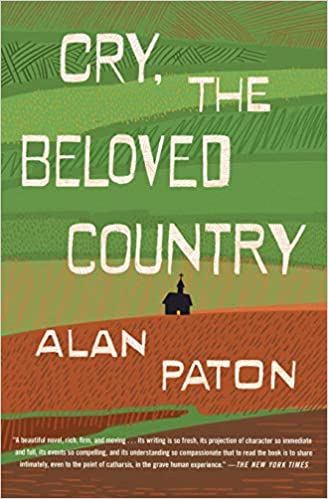 |
What Christian Historical Novel did you reread last, and why did you reread it? My favorite goes way back. It’s Cry, the Beloved Country by South African writer Alan Paton, published in 1948 and an international bestseller. More recently, Oprah Winfrey picked it for her Oprah’s Book Club. It’s described on Amazon as “the deeply moving story of the Zulu pastor Stephen Kumalo and his son, Absalom, set against the background of a land and a people riven by racial injustice. Remarkable for its lyricism, unforgettable for character and incident, Cry, the Beloved Country is a classic work of love and hope, courage and endurance, born of the dignity of man.” I’ve read it at least twice and plan to reread it again, hopefully within the next year. It’s stunning, heartbreaking yet hopeful, and truly beautiful. |
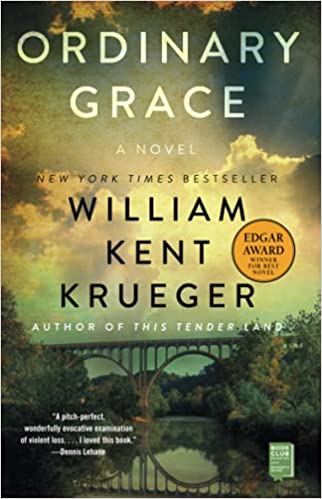 |
What Christian Historical Novel taught you something about the craft of writing because it was so well done? Tell us a bit about what it taught you. Ordinary Grace by William Kent Krueger is a stunning mystery about a pastor’s family caught up in a town’s need for redemption after a daughter goes missing and is found to be murdered. One reviewer called it “pitch-perfect” in every way. Similar to Francine Rivers’s Redeeming Love (which gets mentioned a lot), Ordinary Grace taught me about possibility in fiction—that no subject was off-limits and that Christian historical fiction doesn’t have to be safe. Redeeming Love was the first Christian novel I ever read, and I remember thinking—as a woman of color and as a believer—if this is Christian fiction, the gloves are off. Surely I can write about race and faith in a novel. Her novel helped give me that permission. Ordinary Grace showed me that Christian fiction can aim for crossover appeal. I’m grateful for both of these works and I might not have written my novel without having read them. |
Patricia is giving away a paperback, US entrants only. Enter the Rafflecopter below!
**If you don’t want to enter the Rafflecopter, tell me in a comment below: “I’m not entering the Rafflecopter, but please throw me in the hat” so I can manually put you in there for a chance.**

